Turkey will import 900,000 live cattle in 2018, which is fewer than expected, according to a report by the US Department of Agriculture. The decrease is due to weakening of the Turkish lira.
Turkish cattle imports will rise a further 5% in 2019, says the report which was drawn up by USDA staff based in the country, although this is “difficult to predict given there is so much economic uncertainty".
Export market
Turkey was Ireland’s largest export market for weanlings for the past two years in 2016 and 2017 but shipments have now ceased and Turkey has increased buying of cheaper cattle from Brazil.
As a result, plain weanlings have fallen in price here this autumn.
The USDA report explains how weakness of the Turkish lira has affected the trade. Turkey’s beef production is largely reliant on fattening imported live cattle on imported feed.
Grasslands have not been improved and fodder production is declining. Beef producers therefore must use costly imported compound feeds to fill the gap.
But “they are importing cattle in dollars and selling on the local market in Turkish lira” and therefore devaluation of the lira causes difficulties, making both the feeder cattle and the imported feed more costly. Feed raw material prices have increased by 40% since May.
Requirements
Turkey does not produce enough cattle for its requirements. It has 1.38m cattle farmers in 2018 but over 80% have fewer than 10 cattle. “Turkey will likely continue to need to import feeder cattle as long as herd structure remains as it is,” the report states.
Cattle feedlots are now buying bigger numbers of young bulls from Brazil and Uruguay, because they are cheaper, the report states.
“Brahman breeds and their crosses are now commonly seen on farms, which used to be unusual in Turkey.”
Red meat consumption
Red meat consumption in Turkey is 14kg per head and 90% of this is beef.
Consumption of chicken is 24kg per head per year and growing.
The authorities have approved importing of slaughter weight cattle in an attempt to halt a rise in beef prices. They have also approved beef imports. These have more than doubled in each of the past three years.
The main suppliers are Spain, Hungary and Czech Republic.
Food inflation in Turkey has been around 12% for a number of years. However, in August 2018, it reached 19.75%.
The market reports are drawn up by USDA staff based in Turkey as part of its information service to US exporters.
Read more
Watch: inside the gates of a French export centre
Anthrax arrives from Brazil
Castleisland Mart in live export drive
Turkey will import 900,000 live cattle in 2018, which is fewer than expected, according to a report by the US Department of Agriculture. The decrease is due to weakening of the Turkish lira.
Turkish cattle imports will rise a further 5% in 2019, says the report which was drawn up by USDA staff based in the country, although this is “difficult to predict given there is so much economic uncertainty".
Export market
Turkey was Ireland’s largest export market for weanlings for the past two years in 2016 and 2017 but shipments have now ceased and Turkey has increased buying of cheaper cattle from Brazil.
As a result, plain weanlings have fallen in price here this autumn.
The USDA report explains how weakness of the Turkish lira has affected the trade. Turkey’s beef production is largely reliant on fattening imported live cattle on imported feed.
Grasslands have not been improved and fodder production is declining. Beef producers therefore must use costly imported compound feeds to fill the gap.
But “they are importing cattle in dollars and selling on the local market in Turkish lira” and therefore devaluation of the lira causes difficulties, making both the feeder cattle and the imported feed more costly. Feed raw material prices have increased by 40% since May.
Requirements
Turkey does not produce enough cattle for its requirements. It has 1.38m cattle farmers in 2018 but over 80% have fewer than 10 cattle. “Turkey will likely continue to need to import feeder cattle as long as herd structure remains as it is,” the report states.
Cattle feedlots are now buying bigger numbers of young bulls from Brazil and Uruguay, because they are cheaper, the report states.
“Brahman breeds and their crosses are now commonly seen on farms, which used to be unusual in Turkey.”
Red meat consumption
Red meat consumption in Turkey is 14kg per head and 90% of this is beef.
Consumption of chicken is 24kg per head per year and growing.
The authorities have approved importing of slaughter weight cattle in an attempt to halt a rise in beef prices. They have also approved beef imports. These have more than doubled in each of the past three years.
The main suppliers are Spain, Hungary and Czech Republic.
Food inflation in Turkey has been around 12% for a number of years. However, in August 2018, it reached 19.75%.
The market reports are drawn up by USDA staff based in Turkey as part of its information service to US exporters.
Read more
Watch: inside the gates of a French export centre
Anthrax arrives from Brazil
Castleisland Mart in live export drive



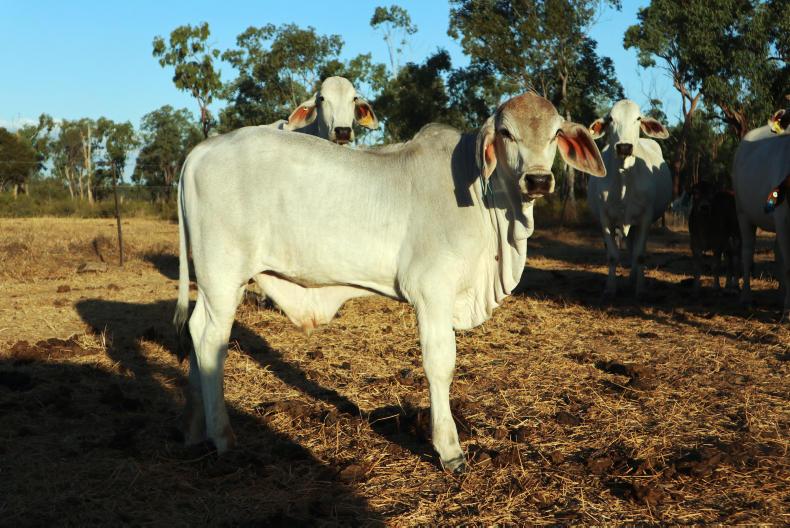

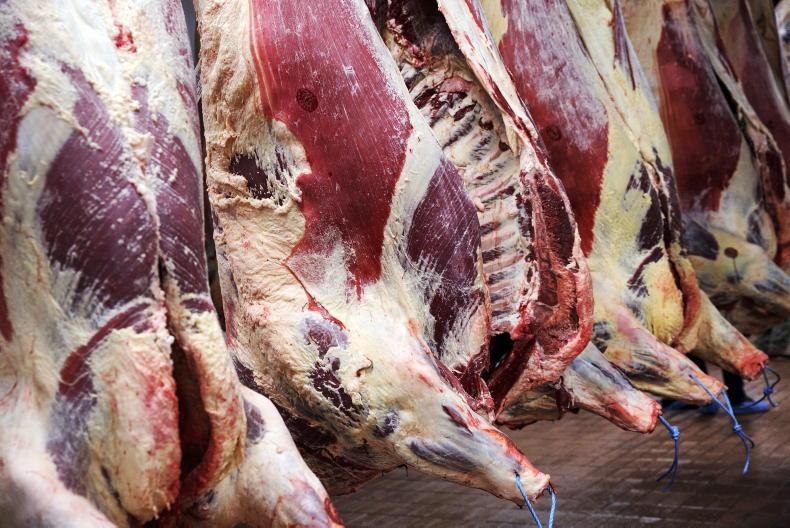

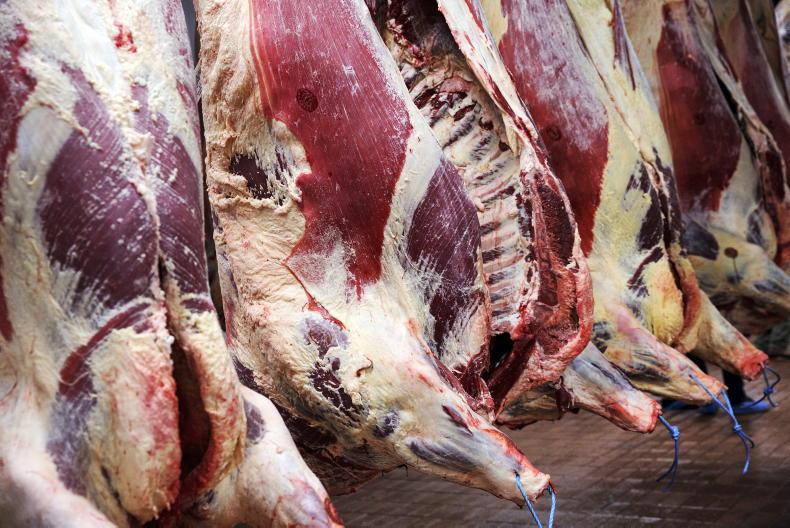
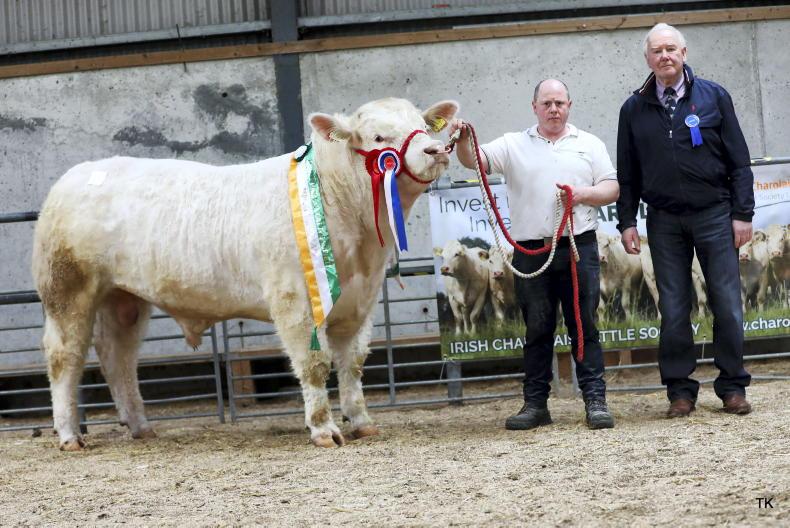
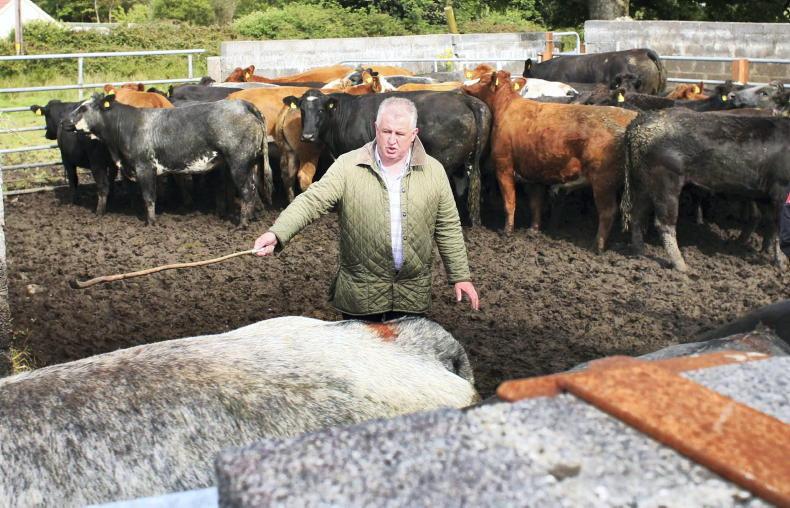
SHARING OPTIONS